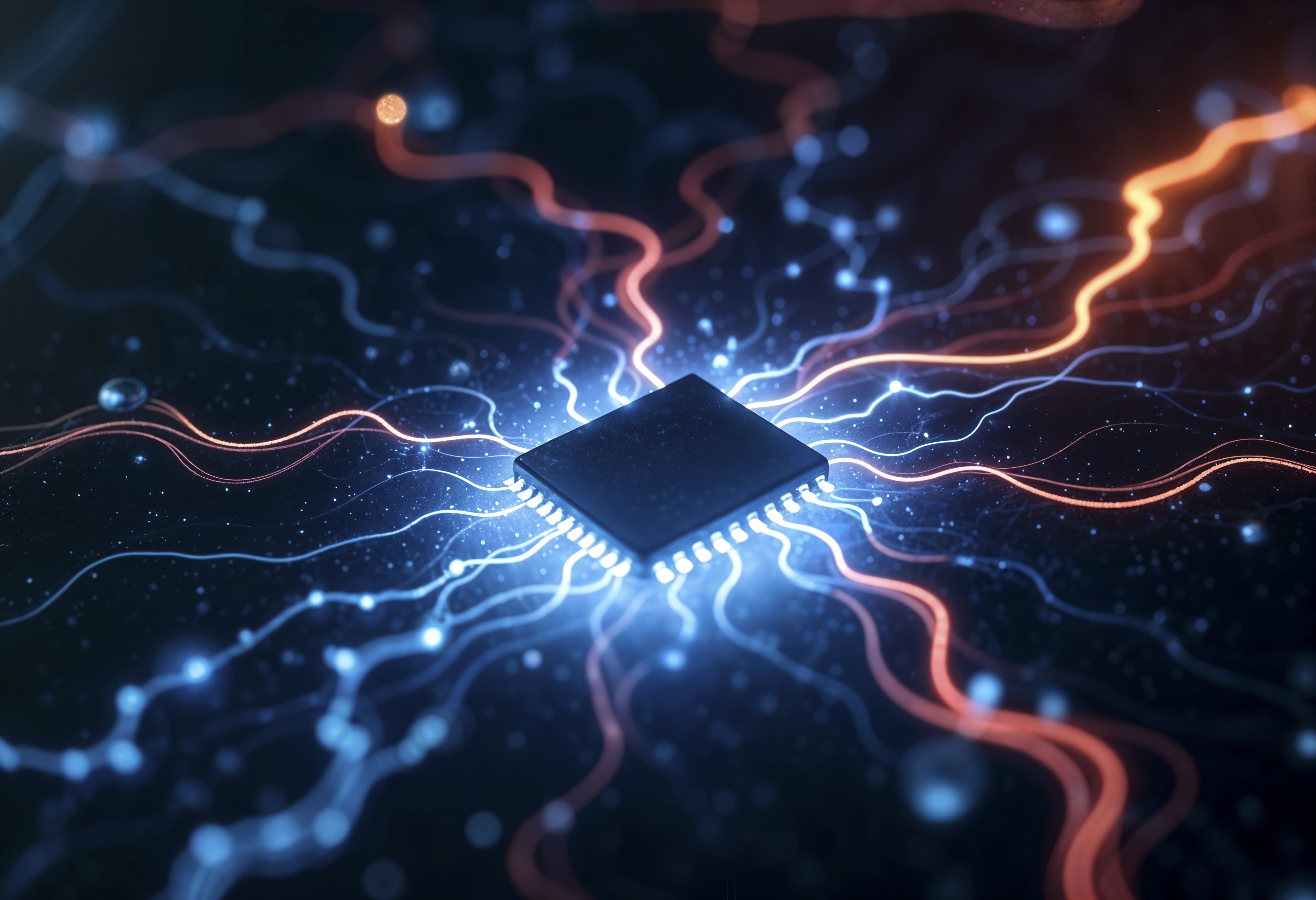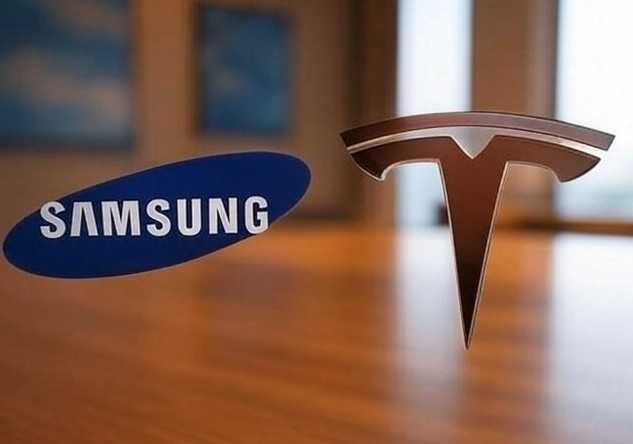After securing a landmark $16.5 billion deal to supply AI chips to Tesla, Samsung Electronics saw its stock initially dip on Tuesday, only to recover by midday. The short-lived market hesitation reflected a broader investor calculation: while the agreement represents a significant breakthrough for Samsung’s underperforming contract chipmaking division, it also places the company under intense scrutiny to prove it can deliver at scale and quality.
The deal, confirmed over the weekend by Tesla CEO Elon Musk, will see Samsung’s facility in Taylor, Texas, produce the next-generation AI6 chips, expected to power Tesla’s future self-driving vehicles, robotics, and data infrastructure. For Samsung, which has struggled to attract major clients for the Texas site due to low chip yield rates, this partnership offers financial relief and a reputational lift.
The company’s memory chip business, once the crown jewel of its semiconductor empire, has recently stumbled, particularly due to delays in delivering high-bandwidth memory (HBM) chips to Nvidia. These setbacks have affected profits and placed Samsung at a competitive disadvantage, especially against Taiwanese rival TSMC and domestic competitor SK Hynix, which enjoy stronger market positions.
While Samsung remains a global leader in memory chips, it lags far behind TSMC in foundry operations, where it manufactures chips designed by external clients. Analysts agree that securing further high-profile contracts will depend on this deal and Samsung’s operational execution moving forward.
Some analysts believe that Tesla’s decision to work with Samsung may reflect favourable negotiation terms for the automaker, given Samsung’s pressing need to demonstrate its manufacturing credibility. The long-term nature of the deal, likely spanning several years, also provides strategic advantages to both sides. Producing the chips within the US, instead of relying on East Asian facilities, reduces exposure to potential supply chain shocks and geopolitical trade tensions, particularly around tariffs.
Despite the promise of the Tesla partnership, market experts urge patience. The chips in question are unlikely to appear in Tesla’s consumer vehicles for at least a year or two, according to Hargreaves Lansdown analyst Matt Britzman.
Source: Reuters
Would you like to learn more about AI, tech and digital diplomacy? If so, ask our Diplo chatbot!









